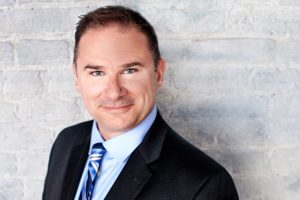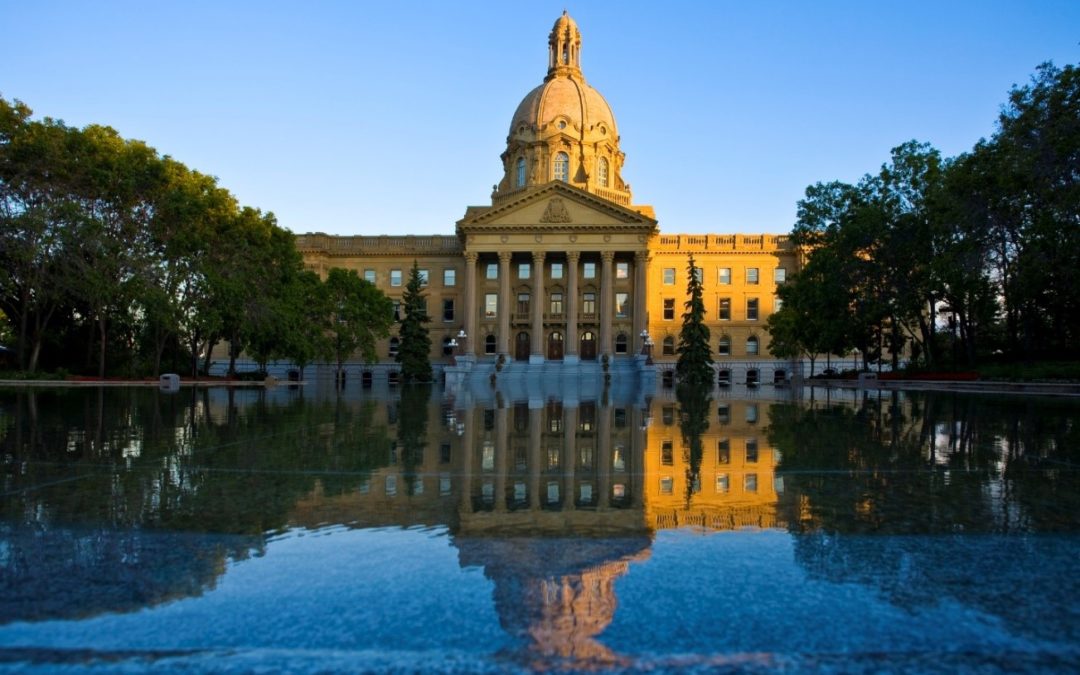Political parties spend millions of dollars on research, advertising and a leader’s tour to shape how voters view each election, and the choices offered. It’s an exercise known as “setting the ballot question.”
The more success a party has in defining that question, the more likely it is that voters will vote for them on election day. While the ballot question can change throughout the campaign, the opening salvos tell audiences a lot about how the respective campaigns view their best chances of building and holding support.
Albertans have two very distinct choices. In the opening hours of the 2019 Alberta campaign, both Rachel Notley’s NDP and Jason Kenney’s UCP have embraced their differences. Each of their strengths is the other’s perceived weakness. With the campaign now officially underway, the two leaders and their campaign teams will spend every waking moment exploiting those differences and trying to better align themselves with Albertans.
As campaign season kicks into high gear, we look at what the two leaders are offering as their ballot questions.
Ballot Box Questions
Rachel Notley and Alberta’s NDP
The Notley campaign wants voters to think about “leadership” when they cast their ballot. They don’t just want voters to ask themselves “Who would be the better premier?”, they want voters to ask themselves: “Am I comfortable with Jason Kenney as premier?”
By far, the incumbent government’s best asset is the well-liked premier. According to the polls, Ms. Notley brings the NDP’s numbers up, while Jason Kenney brings the UCP numbers down.
The NDP campaign has come out of the gate highlighting Mr. Kenney’s past efforts against LGBTQ rights, questions around possible collusion with kamikaze candidates in the UCP leadership, and his inability to advance the development of pipelines during his decade in Ottawa as a cabinet minister in the Conservative federal government.
For Team Orange, this campaign is a straight up leader-vs-leader contest. They want voters entering the polling stations to ask themselves: “Which leader can I trust to fight for me and my family?”
Jason Kenney and the UCP
Meanwhile, Jason Kenney and the United Conservative Party are inviting voters to judge the NDP record and ask: “Am I better off than I was four years ago?”
The UCP are reminding voters of the $96 billion in public debt racked up during the NDP government’s term. They are also raising concerns about some NDP candidates’ opposition to pipelines, and other oil and gas projects, before taking office.
The UCP has focused their ballot question in three areas where they believe the NDP is vulnerable: jobs, economy and pipelines. Mr. Kenney is linking the current unemployment rate and the overall economic performance to NDP government policy, promising to repeal many government initiatives such as the carbon tax, enhanced labour laws and regulations holding businesses back.
For Team Blue, this campaign is a referendum on the NDP. The UCP is convinced voters will choose their leader and candidates if the ballot question is: “Who do I trust more on the economy, on the deficit and the ability to build pipeline capacity?”
Counsel Public Affairs will be providing commentary on a regular basis throughout this election. Stay tuned for the latest analysis.
By Amber Ruddy, Director Western Canada and Brad Lavigne, Principal and Vice President Western Canada
 Amber is a dynamic and seasoned government relations and communications practitioner with over 7 years of experience in business advocacy at both the provincial and municipal levels. Her experience includes working for a federal Conservative cabinet minister, and as the Canadian Federation of Independent Business, Director of Provincial Affairs for Alberta. She is an active volunteer on local campaigns for the UCP.
Amber is a dynamic and seasoned government relations and communications practitioner with over 7 years of experience in business advocacy at both the provincial and municipal levels. Her experience includes working for a federal Conservative cabinet minister, and as the Canadian Federation of Independent Business, Director of Provincial Affairs for Alberta. She is an active volunteer on local campaigns for the UCP.
 Brad has over 25 years of communications, government relations, and political experience. He served as the New Democratic Party’s National Campaign Director in the 2011 general election that resulted in the party’s best election result in its 50-year history, becoming Canada’s Official Opposition for the first time. He served as Principal Secretary and Director of Communications for the Hon. Jack Layton and as National Director and Director of Communications for the NDP.
Brad has over 25 years of communications, government relations, and political experience. He served as the New Democratic Party’s National Campaign Director in the 2011 general election that resulted in the party’s best election result in its 50-year history, becoming Canada’s Official Opposition for the first time. He served as Principal Secretary and Director of Communications for the Hon. Jack Layton and as National Director and Director of Communications for the NDP.

